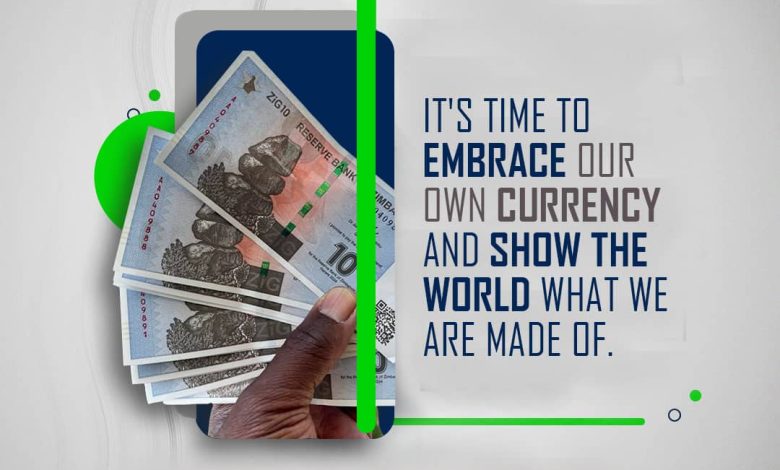IMF Endorses Zimbabwe’s New Gold-Backed Currency, ZiG

The International Monetary Fund (IMF) has welcomed Zimbabwe’s new gold-backed currency, the ZiG, as an “important” step towards economic recovery and stability. The IMF plans to visit Zimbabwe next month to assess the performance of the ZiG, which was launched last month.
The IMF’s endorsement of the ZiG is a significant development, as it views the move as a crucial step towards economic recovery and stability in Zimbabwe. According to the IMF, the ZiG’s introduction represents a major step forward, supported by important monetary, currency, and fiscal policy measures.
The introduction of the ZiG is a historic significant development in Zimbabwe’s efforts to stabilize its economy. The new currency is expected to bring much-needed stability and confidence in the country’s economy, which has been struggling with hyperinflation and currency fluctuations.
The IMF’s visit next month will assess the performance of the ZiG and provide guidance on its continued implementation. This endorsement and support from the IMF is a positive development for Zimbabwe, and it is hoped that it will lead to further economic growth and development.




